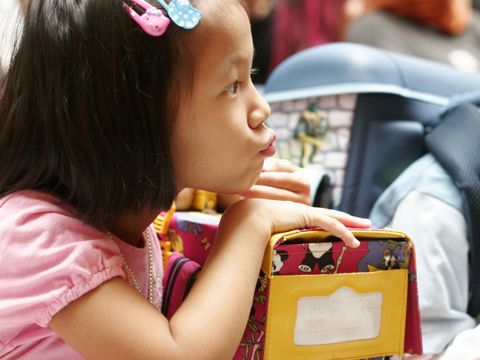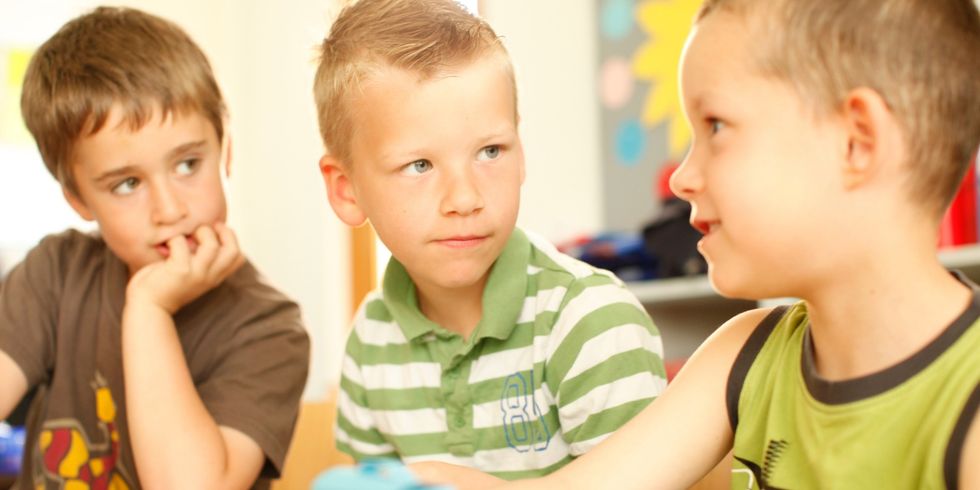
Image: SenBJF
Registration of school beginners
Here you can find all information about the registration or the erlier or later enrollment of school beginners. More information
Senate Department for Education, Youth and Family

Image: SenBJF
The continuous improvement of the teaching and learning culture is a focus of Berlin’s primary schools. All-day school offerings create time to change educational offerings in terms of content and method and to support all students individually.
EN
PDF-Document (1.6 MB) - As of: Januar 2024
PL
PDF-Document (1.6 MB) - As of: Januar 2024
BG
PDF-Document (1.6 MB) - As of: Januar 2024
RO
PDF-Document (1.6 MB) - As of: Januar 2024
UA
PDF-Document (1.6 MB) - As of: Januar 2024
RU
PDF-Document (1.6 MB) - As of: Januar 2024
TR
PDF-Document (1.6 MB) - As of: Januar 2024
AR
PDF-Document (1.5 MB) - As of: Januar 2024
Support through individual, joint and multi-age learning
PDF-Document (1.6 MB)
PDF-Document - As of: 2019
Information about the teaching of reading and writing in the early school years.
PDF-Document - As of: 2018
german
PDF-Document
Document: SenBJF
german
PDF-Document (632.6 kB)
Document: SenBJF
german
PDF-Document (2.1 MB)
Document: SenBJW
german
PDF-Document (1.0 MB) - As of: The ability-focused questions are designed to encourage 4th and 5th grade students to self-assess their interests, competencies, and learning performance. The teacher can gain information about how well the students can observe their own learning development.
PDF-Document (574.6 kB)
PDF-Document (92.6 kB)
![]()
![]()
![]()
![]()